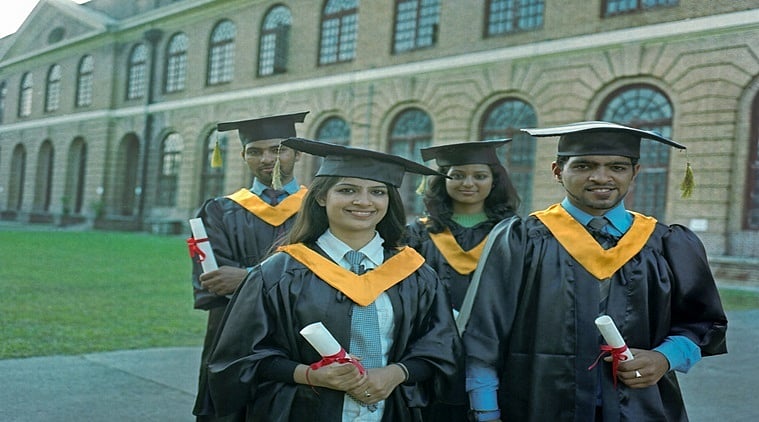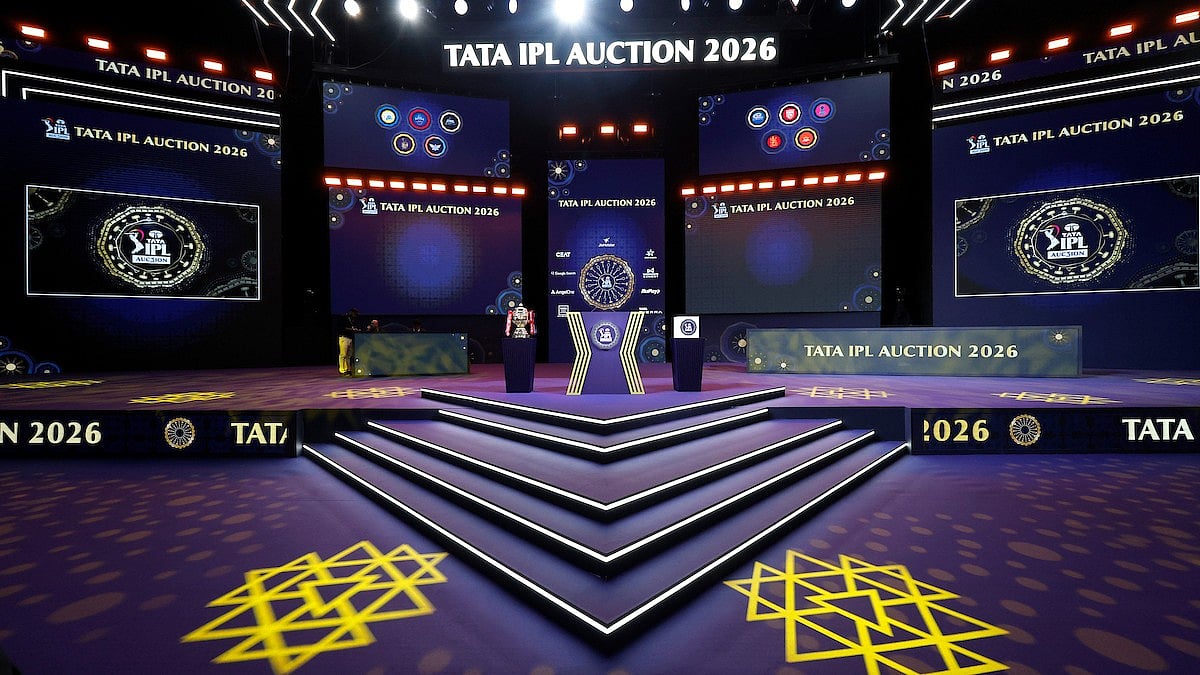Meenakshi Mukherjee, the famous writer and academician who died a decade ago, wrote in the acknowledgements section of her book, 'An Indian For All Seasons: The Many Lives of R C Dutt' (Penguin Books) - "In one case, when a particular library in Germany was unwilling to part with a particular book because it was too old, I was provided transport to go there for the day to read it." Could this ever happen in India? We often condemn the poor quality of research work in India. But we conveniently condone the glaring fact that many potential research works cannot and do not proceed further because of red-tapism, unnecessary formalities and the unfriendly attitude of those at the helm.
There are magnificent libraries in India but barring a few, most of the librarians are not equally good and dedicated. I remember, I was required to read 'Seven Odes of Pre-Islamic Arabia', written in obscure Arabic. The university library of Osmania University in Hyderabad had these, in Arabic. When I asked for them, I didn't even get a reply. No one helped. That I finally got to read it is inconsequential. My point is, why don't we encourage students and researchers to delve into the depths of their research works and expand their horizons?
It's difficult to undertake a project of significant importance in India, for fear of backlash and inertia. In the west, a student can complete his/her PhD in two years or even quicker. I finished my first PhD from one of the greatest western universities in 16 months, sans a guide! In other countries, one can do away with useless guides like those in India, who often know less than their students. That's the reason there's no originality and novelty in the theses submitted at different Indian universities.
Since 1962, there has been a clamour to make public the Henderson Brooks-Bhagat Report on the '62 debacle. The report is said to be very volatile, as it scarifies Nehru, the then Defence Minister Krishna Menon, General Thapar, father of Karan Thapar and General Kaul, who actually belonged to the ASC (Army Supply Corps). Mrs Gandhi and then the Congress never let the papers come out. We talk of RTI (Right To Information), but where is it when it comes to questioning the deeds (or misdeeds?) of our esteemed figures?
An ordinary Englishman, Wayne Stackpole, could get access to the sanctum sanctorum of London Library to know how many persons had been hanged by the English in India during their rule. And what a pity, of the 62 hangings in independent India, Nirbhaya's four rapists being the last (March 20, 2020) to be hanged at Tihar in Delhi, complete records of only 21 hangings in (independent) India are available. There's no information anywhere in any document or official gazette, which can state as to how many functional gallows are left in Indian prisons? Whereas in Pakistan, all the records, from the very first hanging at Lahore jail on December 4, 1947 to the hangings of two condemned prisoners at Rahim Yar Khan (Pakistan Punjab) prison in January 2020, are safe and intact. It's worthwhile to mention that one old condemned prisoner couldn't be hanged at Bhagalpur prison in Bihar as there was no hangman and the scaffold wasn't ready!
The media has no idea how many men have been hanged so far, after 1947. An old hangman, Jadhav, from Maharashtra, is credited with having hanged 100 prisoners in his 33 year-tenure from 1963-1996. When Delhi University's Alka Ratnagir tried to find information on the executed prisoner Firoz Rustam Daruwalla in 1972, she got nothing, nor did the prison officials, who were present during his execution help her.
Higher studies suffer in India because of the insouciance towards academic pursuits. One Indian researcher, who did his PhD from a renowned American university, observed, "The approach in the US is entirely different than in India. Funds are not siphoned off. The guides are answerable to the university senate and a panel, comprising emeritus professors. The research student is continuously assessed by his/her guide and independent analysis is encouraged, rather than have recourse to internet and download information." That's the reason there are fewer instances of plagiarism in higher education in the US, whereas according to university grapevine, every second thesis in India in any discipline is not original.
Not only that, some of the subjects for research are so weird and bizarre that they do not appear to be serious research works at all. How could 'The Study of the Coins of Shivaji's Times' be useful at any level or 'The Vicissitudes in the Life of a Mega Star' be of any interest to an academician other than a hardcore fan of the superstar? When a university in the East conferred a doctorate on a student's thesis on 'The Social Significance of Uttam Kumar's Movies', someone called it 'relegation of academic standards and research work in India'.
When I look at the PhD theses submitted at Oxford, Cambridge, Leeds and Harvard in the last hundred years, I find all of them have a social and academic relevance and all theses open up a plethora of futuristic possibilities and immense potential for other works. Can this be said in the Indian academic context? Here, students get doctorates to inflate their ego. No one pursues it out of genuine interest. There's no societal or academic importance of such ham-handed works, which can at best be called a rehash of equally insignificant 'endeavours' from the past. Close to 30 PhD theses on Ramdhari Singh Dinkar, a great Hindi poet, are almost identical, if not plagiarised. The same aspect of his vast and versatile poetry had been undertaken by the students, and their guides never told them that it was already accomplished. Why go for a new facet, when there's one available for research ad nauseam? In Europe, there are directives laid down by the varsities that doctoral and post-doctoral works ought to have societal and academic value with an everlasting relevance. Here, no one cares.
This lackadaisical approach and blasé attitude, along with non-cooperation, contributes to the widespread mediocrity from Kashmir to Kanyakumari. Can we change it? Can we do even a bit from our end to change this dismal scenario? Until we realise that transparency and tenacity can change a deplorable situation, we'll continue to wallow in squalour. That's our inexorable and ineluctable fate. Alack, we've done precious little to avert it.
The writer is an advanced research scholar of Semitic languages, civilizations and cultures.









